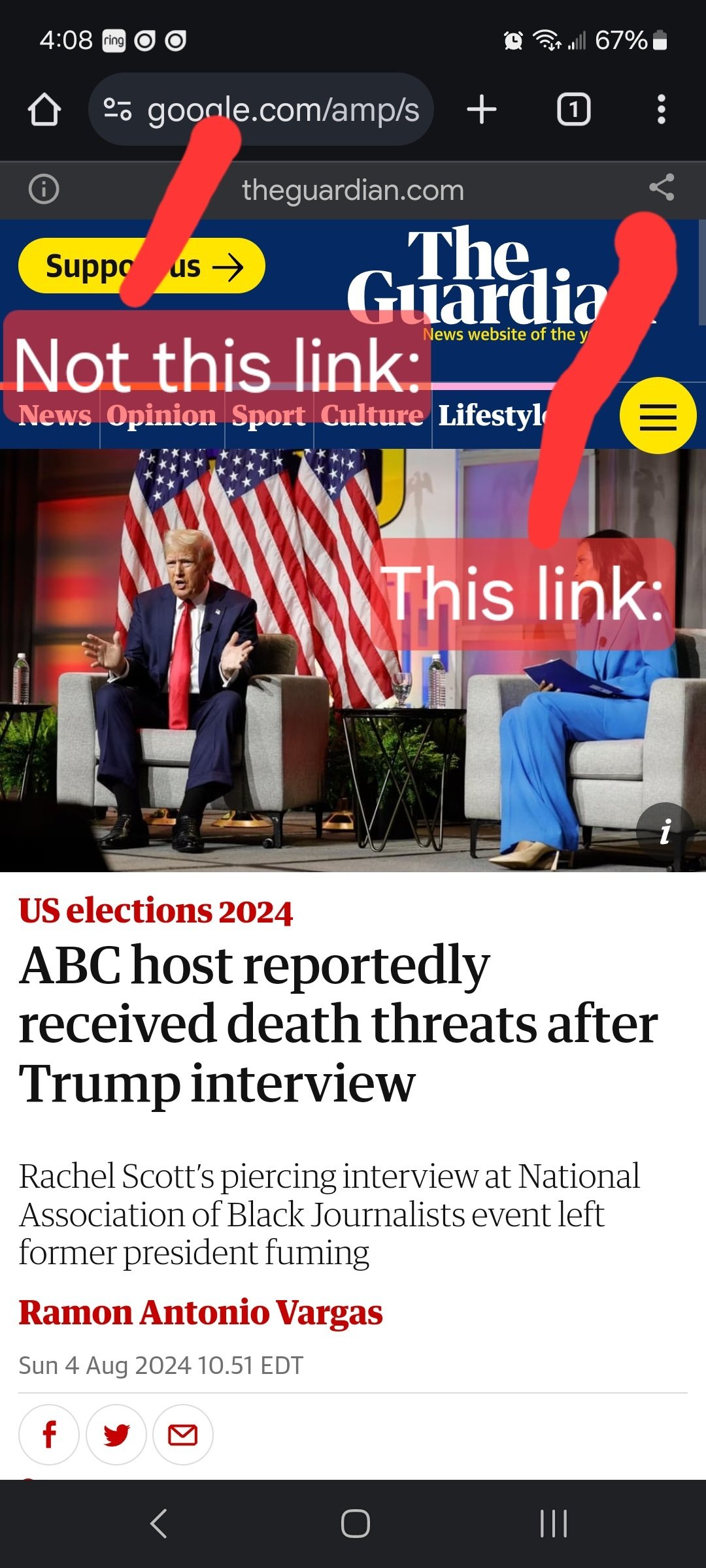politics
Welcome to the discussion of US Politics!
Rules:
- Post only links to articles, Title must fairly describe link contents. If your title differs from the site’s, it should only be to add context or be more descriptive. Do not post entire articles in the body or in the comments.
Links must be to the original source, not an aggregator like Google Amp, MSN, or Yahoo.
Example:

- Articles must be relevant to politics. Links must be to quality and original content. Articles should be worth reading. Clickbait, stub articles, and rehosted or stolen content are not allowed. Check your source for Reliability and Bias here.
- Be civil, No violations of TOS. It’s OK to say the subject of an article is behaving like a (pejorative, pejorative). It’s NOT OK to say another USER is (pejorative). Strong language is fine, just not directed at other members. Engage in good-faith and with respect! This includes accusing another user of being a bot or paid actor. Trolling is uncivil and is grounds for removal and/or a community ban.
- No memes, trolling, or low-effort comments. Reposts, misinformation, off-topic, trolling, or offensive. Similarly, if you see posts along these lines, do not engage. Report them, block them, and live a happier life than they do. We see too many slapfights that boil down to "Mom! He's bugging me!" and "I'm not touching you!" Going forward, slapfights will result in removed comments and temp bans to cool off.
- Vote based on comment quality, not agreement. This community aims to foster discussion; please reward people for putting effort into articulating their viewpoint, even if you disagree with it.
- No hate speech, slurs, celebrating death, advocating violence, or abusive language. This will result in a ban. Usernames containing racist, or inappropriate slurs will be banned without warning
We ask that the users report any comment or post that violate the rules, to use critical thinking when reading, posting or commenting. Users that post off-topic spam, advocate violence, have multiple comments or posts removed, weaponize reports or violate the code of conduct will be banned.
All posts and comments will be reviewed on a case-by-case basis. This means that some content that violates the rules may be allowed, while other content that does not violate the rules may be removed. The moderators retain the right to remove any content and ban users.
That's all the rules!
Civic Links
• Congressional Awards Program
• Library of Congress Legislative Resources
• U.S. House of Representatives
Partnered Communities:
• News
view the rest of the comments
The first step to get the voting fixed shouldn't be ranked voting. It should be getting rid of winner takes it all. If a party gets 40% of the votes, and there are 10 representatives, it should get 4 of them, not 0.
What would happens is Dem states will do proportional allocation, republican states would stick with winner take all, and you end up with a permanent republican presidency.
States run elections, states also get to decide how to allocate their electors.
Anything short of a constitutional amendment will not work.
This is talking about the Democratic Primary. What you're saying is definitely true if we were changing the allocation of Electoral College votes for the general election -- for that, we need Congress to pass an Amendment (or maybe a regular law would suffice?)
Amendment. Or as the other comment alluded to, interstate compact: https://en.wikipedia.org/wiki/National_Popular_Vote_Interstate_Compact
That probably requires congrsssional approval. And even then, that last until the supreme court strikes it down. Or even if it doesn't gwt struck down, its unclear if the next congress have the ability to revoke the previous session of congress's approval of the interstate compact.
So many shenanigans.
You can solve that with state compacts which go into force when you hit a threshold where that's not a risk
the electoral college experiment should be abandoned. It clearly didn't serve the function it was intended to serve when it was implemented 200 years ago.
It actually largely has. It both reduced the numbers of people who needed to ride horses around to figure out the winner, and it helped keep power consolidated with the powerful.
A good chunk of our early democratic institutions were designed with a lot of influence by people who didn't entirely trust their constituency and wanted to keep things from being too democratic. So you have several options for elected officials to disregard voters in most matters, and the president has the power to say "nah" to legislation.
Okay, but the entire idea was to allow the electors to basically go against the will of the people, if the people are a bunch of idiots and elect a despot wannabe. And when a despot wannabe actually got elected, the electors didn't go against the idiot electorate.
Well, they didn't specifically feel concern for them electing a despot. They were concerned simply that they might pick wrong from the viewpoint of those with political power at the time. They weren't specifically afraid of a despot or demagogue, but someone who would either threaten the political elites wellbeing, or loosing support from the "less populous" slave states. A system that gives disproportionate weight to smaller states to buy their support while also giving themselves more influence over a check on the legislature and one of the branches of power is what they went with.
They weren't afraid of Trump, they were concerned about Lincoln.
Now all electors are party loyalists chosen by their party, nobody aint doing any faithless defection.